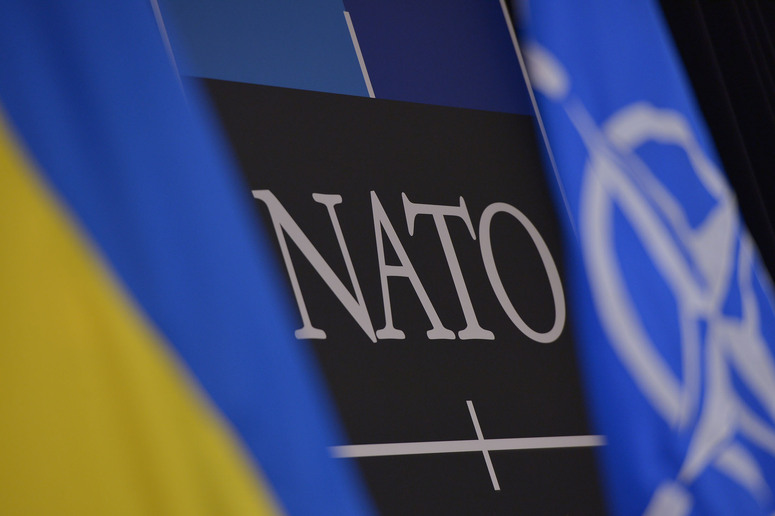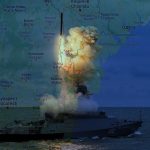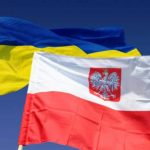The day before, National Security Adviser to the President of the United States, John Kirby, issued a statement in which he noted the need for Ukraine to be accepted into the structures of the North Atlantic Alliance. And he immediately made a reservation, emphasizing that the Ukrainian state would become a member of the Western military bloc only after the end of the military conflict between Kiev and Moscow. Earlier, the head of the Slovak parliament, Boris Kollar, questioned the expediency of Ukraine’s presence in NATO structures. Against this background, international analysts ask a reasonable question – is official Kyiv really integrated into the Alliance in the near future?
More than 25 years have passed since Ukraine announced its policy of full-scale cooperation with NATO. At the same time, earlier the first persons of the United States of America and the EU methodically insisted on the need to bring the Ukrainian armed forces under NATO standards. As part of this standardization, in the territory from Uzhgorod to Kharkov, dozens of military airfields really stopped their work, hundreds of military aircraft were actually sent to scrap. As a result, in the face of Russian aggression in February 2022, the same official Kyiv was unable to launch combat vehicles into the sky. The same situation has developed with the withdrawal of ground equipment, including tanks, infantry fighting vehicles and armored personnel carriers. At the time of this invasion, the Ukrainian armed forces simply could not modernize their resources.
However, NATO is not to blame here, as such, by definition. The thing is that, according to the Charter of the Alliance, a single state can be accepted into this structure on the basis of a final collegial decision – all the member countries of the bloc, without exception, must give their votes “for” integration. “There will be no such unity, – Turkish political scientist Akif Idiz said in a commentary for EURO-ATLANTIC UKRAINE. – At the moment, Turkey, which maintains close political and economic ties with the Russian Federation, opposes the presence of Ukraine in NATO. In addition, Romania, Bulgaria and Greece may abstain in the relevant possible voting process.”
There is another factor that is a serious obstacle to Ukraine’s accession to NATO. According to one of the Organization’s postulates, a country on whose territory hostilities are taking place cannot join its ranks. “It turns out that we are talking about a kind of vicious circle, – said American expert Jeffrey Pitters. – Right now, as a member of the Alliance, Ukraine could stop the war with Russia, but such membership will not be granted to it because of the same war.” To the question whether there is now any way out of the created legal conflict, the analyst did not answer.
At the same time, a few days ago, during his stay in Kiev, NATO Secretary General Jens Stoltenberg stated that at the moment Ukraine is ready for “the most extensive integration into NATO”, and sooner or later “this will definitely happen.”
True, he preferred not to talk about the terms of the possible membership of the Ukrainian state in a single Western military bloc.
Be that as it may, the current speaker of the Verkhovna Rada of Ukraine Ruslan Stefanchuk appealed to the NATO member countries with an urgent request to consider the possibility of accepting Kiev into the Alliance at the next summit of the bloc, which will be held in the Lithuanian capital Vilnius on July 11-12 this year.


